Japan has harvested thousands of whales in North Pacific and Antarctic waters since the implementation of a global ban on whaling, eliciting harsh criticism from the international community. Now, in a landmark decision, the International Court of Justice (ICJ) has ruled that Japan must cease its whaling activities in the Antarctic.
The advent of factory ships, exploding harpoons and other technologies allowed commercial whaling industries to harvest huge numbers of whales in the 19th and 20th centuries. By the 1930s, total global kills amounted to more than 50,000 animals annually, far exceeding sustainable limits. Among the most impacted species were blue whales, right whales and gray whales, which were reduced by upwards of 95 percent.
To curtail population losses and reduce the risk of extinctions, the International Whaling Commission (IWC) implemented a global ban on commercial whaling in 1986. However, a handful of countries objected to the ban and allowed their large-scale whaling practices to persist. Among them, Japan continued whaling for purported research purposes, reporting annual catches of 600-1300 animals for both its North Pacific and Antarctic fleets.

The scientific validity of Japan’s whaling has been questioned by environmental organizations and other nations. In 2010, Australia brought a case against Japan via the ICJ, arguing it disguised its commercial whaling activities as research so that it could take advantage of a loophole in the 1986 moratorium. In its ruling, the ICJ stated that although Japan had caught approximately 3,600 minke whales since 2005, scientific output was scarce. The meat from harvested whales is widely available at public markets.
“This is a historic decision which lays to rest, once and for all, the grim travesty of Japan’s so-called ‘scientific’ whaling and exposes it to the world as the blatant falsehood it clearly is,” said Clare Perry, of the Environmental Investigation Agency. “For a long time it has been evident that ‘science’ has been abused at a breath-taking scale to justify Japan’s continued commercial hunting of protected whales and despite a heavily subsidized and ever-dwindling market for whale meat in Japan.”
The ruling takes effect immediately, with Japan ordered by the ICJ not to issue future permits. However, it remains possible for Japan to revamp its whaling program by reducing quotas that, until now, have been largely self-imposed. If that is the case, the IWC may allow Japan to continue Antarctic whaling.
“The ruling is final; there is no appeal. It is up to Japan to comply and they have said they will,” Perry told mongabay.com. “However, there is nothing to stop them devising a new ‘scientific’ whaling program which seeks to address some of the concerns raised in the ICJ case. This is clearly a possibility, but on the other hand one of the greatest concerns was the scale of the hunt and the fact that the research could be carried out using non-lethal methods, so it’s hard to imagine how Japan could address those concerns to anyone’s satisfaction – almost by definition they would have to take fewer whales.”
The ICJ ruling concerns only the Antarctic program, leaving Japan free to continue whaling in the North Pacific, where whale populations are even smaller and more vulnerable to human pressures. A 2007 census estimated only 7,700 sei whales exist in the North Pacific.
“What we would like to see as a next step would be countries in the northern hemisphere follow up with a case against Japan’s North Pacific hunt,” Perry said. “This takes hundreds of whales – minke, sei, sperm and Bryde’s whales – and all the same issues apply to this fake science program that applied to Japan’s Antarctic whaling.”

This article was written by Morgan Erickson-Davis for Mongabay.com

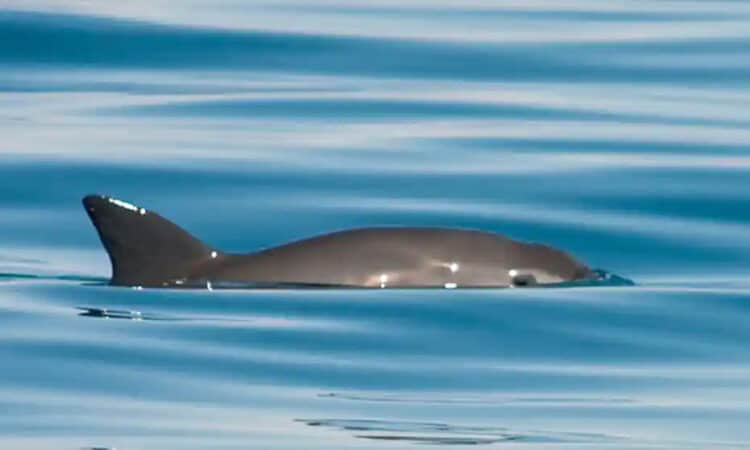
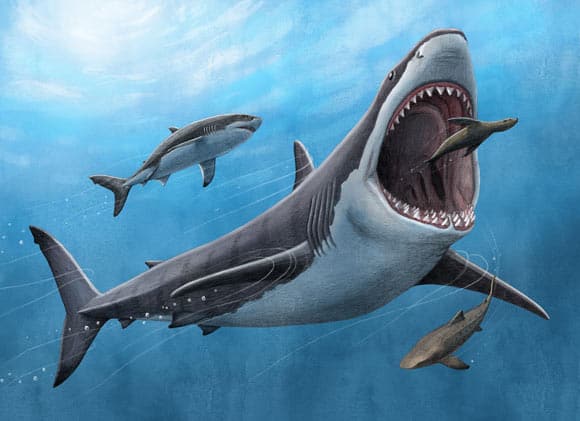
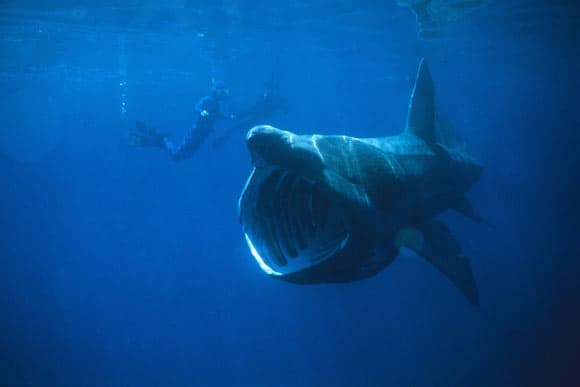
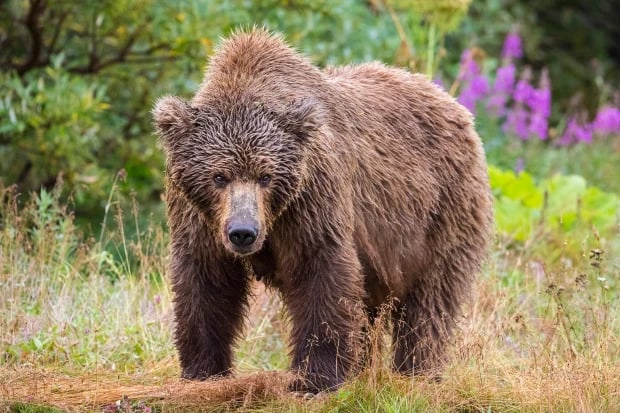
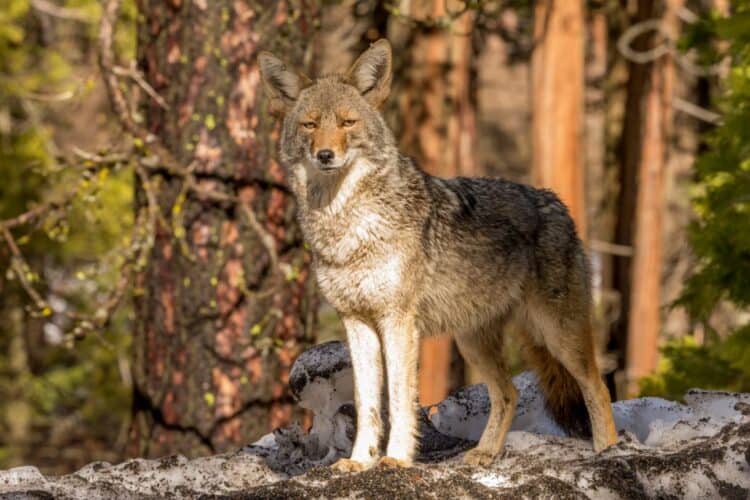

Leave a Reply